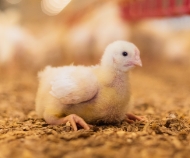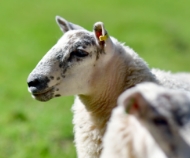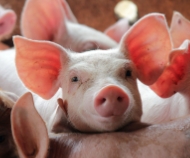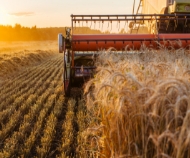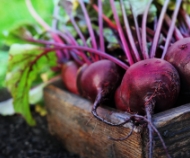Dairy Standards
Dairy farmers need to get up early in the morning (often as early as 3am) to milk their herd. They must also work tirelessly to maintain a rigorous set of standards that keeps animal welfare, traceability and food safety at its core.
“Being a Red Tractor farmer is really important to me. It means that we commit as an industry to very important standards. 95% of British milk is Red Tractor assured and it means that all those dairy products are safe, traceable, farmed with care and they come from farms like mine who have names and faces and a history.”
Abi
Red Tractor dairy farm member
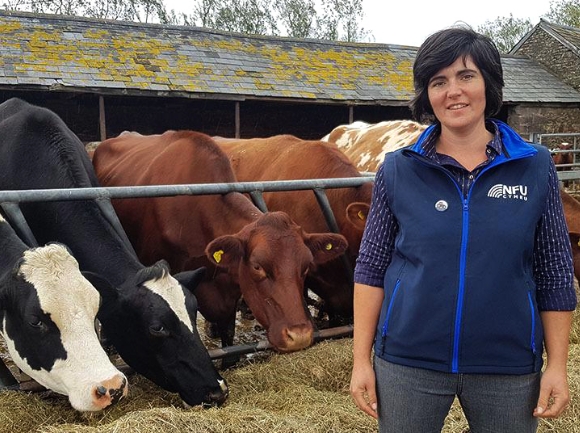
Our dairy standards include:
All Red Tractor cattle must have a UK passport. Dairy calves must have a tag within 36 hours, and a second tag within 20 days to maintain traceability.
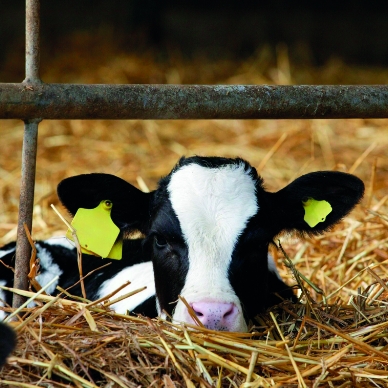
Anyone working on a
Red Tractor certified
farm must be trained and demonstrably competent
to carry out their role.
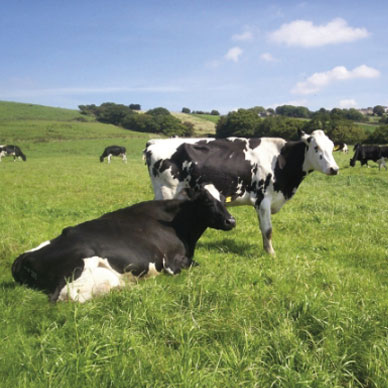
Safe, comfortable and hygienic housing must be
available for all cows.
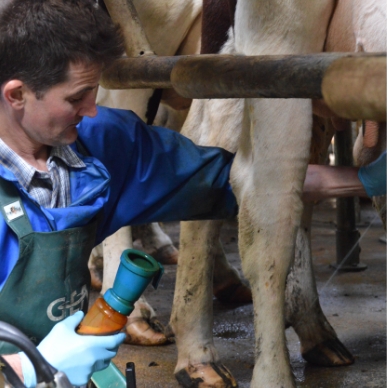
The health and welfare of cattle must be proactively managed including during transportation.
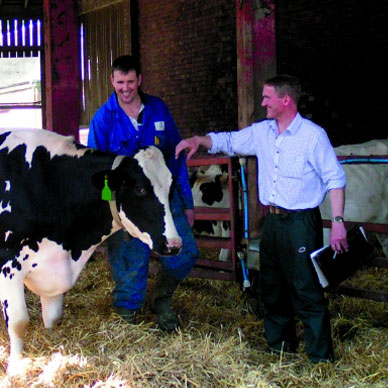
Procedures to ensure hygiene must be followed during milking and storage.

